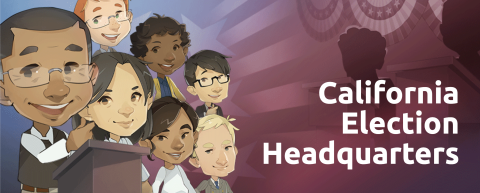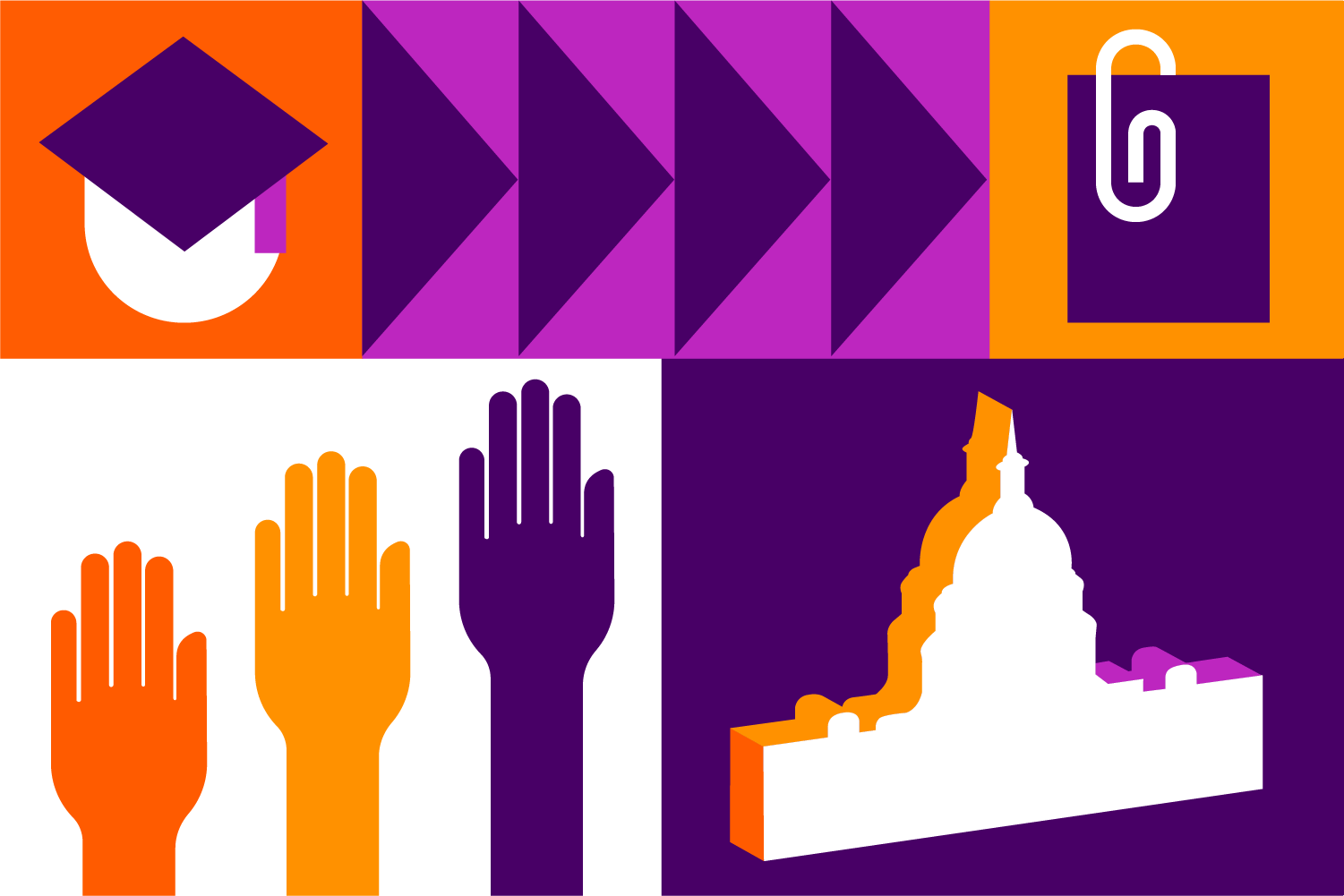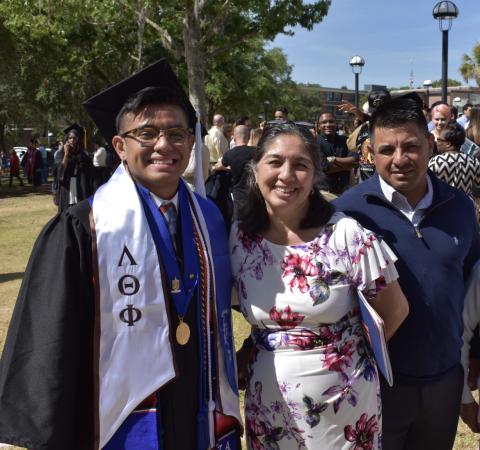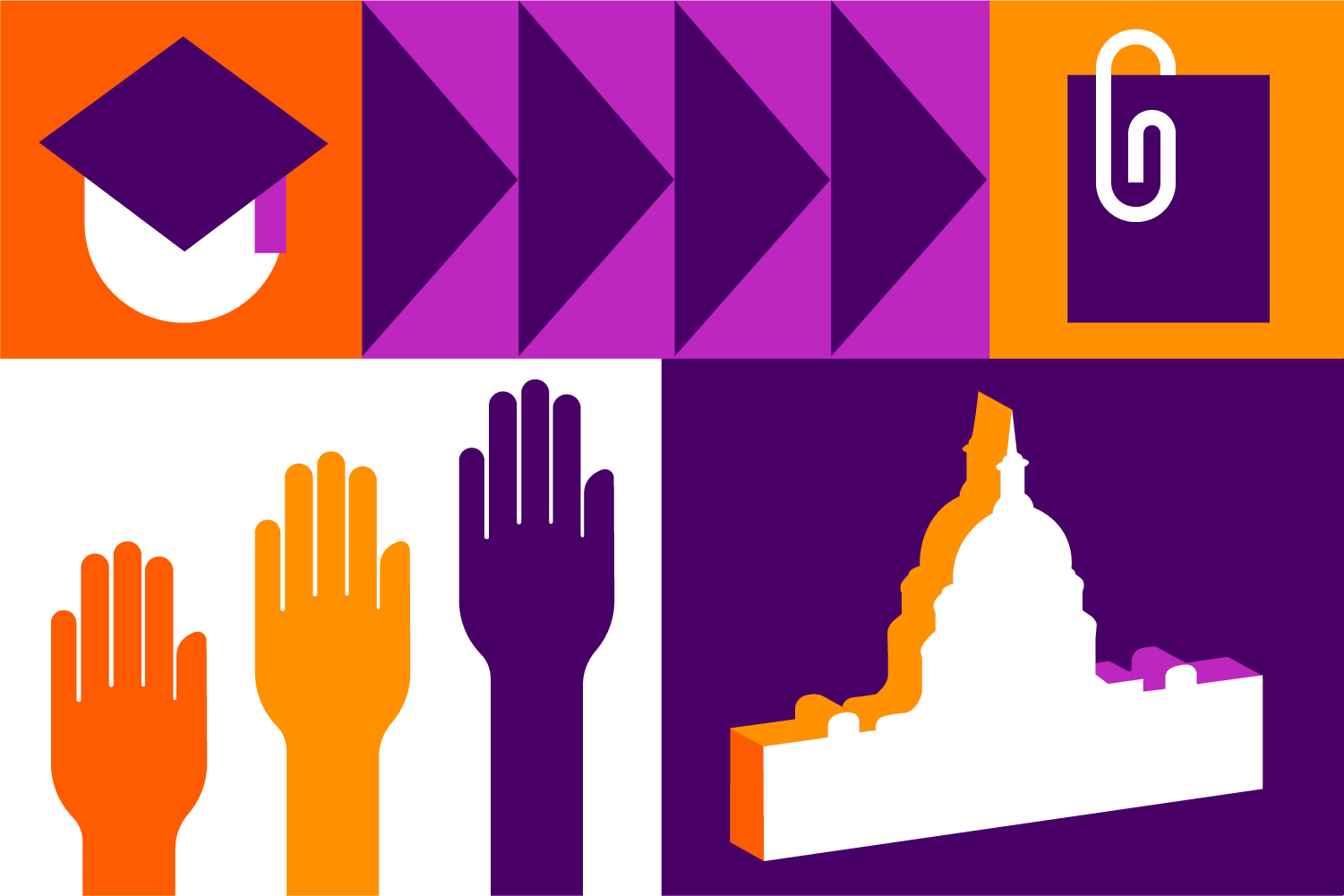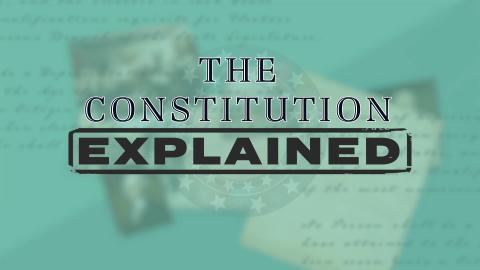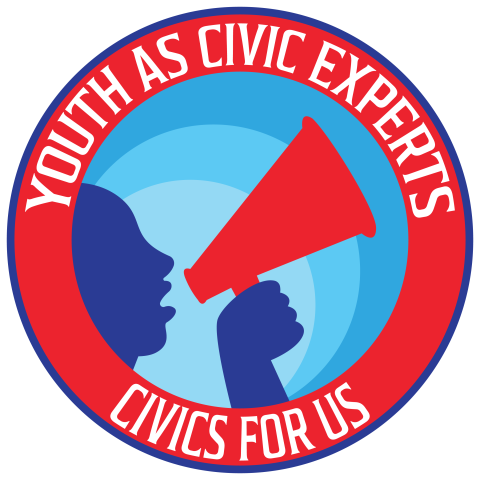Partnership combines CalMatters award-winning nonpartisan nonprofit state news with iCivics lesson plans, games and content to help educators engage students in activities and discussion around the 2022 midterm election.
California’s educators now have a powerful new tool to help teach the 2022 midterm elections through a partnership between the country’s leading civic education nonprofit, iCivics, and California’s premier nonprofit news outlet, CalMatters.
California Election Headquarters, which is available for free for all California teachers and students, is a new portal that combines nonpartisan local journalism and election information with interactive lessons and games to help students improve media literacy skills and increase civic knowledge and skills.
The portal will be updated weekly with relevant news stories from around California that relate to the election as the state determines who will be its next Governor and new U.S. Senator, and weighs a number of important propositions. iCivics will provide games, exercises and lessons to aid discussion in the classroom by helping students understand the news and key civic terms and concepts underlying the news.
Geared toward high school students, the portal includes curated elections resources, organized by week and topic; curricular suggestions and teacher tips for pairing CalMatters news articles with iCivics lessons; and a listing of free professional learning opportunities in teachers’ areas.
“We’re thrilled to be able to share our nonpartisan journalism with California’s social science teachers,” said CalMatters CEO Neil Chase, “supporting them as they educate California’s newest and next voters about the important issues facing our state. We’re especially pleased to partner with iCivics, relying on their expertise in curriculum development and their strong relationships with teachers and students.”
This new and unique resource brings teachers what they need most:
- Extensive iCivics resources about elections and democracy combined with CalMatters’ midterm-focused reporting and Voter Guide in a California-specific “Election Headquarters” site.
- Teacher resources including 10-minute discussions, 45-minute lesson plans, interactive games and more.
- Materials available in a variety of reading levels, in both English and Spanish.
- Ways to combine important news stories with engaging concept-based lessons.
- News stories and curriculum updated throughout the fall election period.
- Live, virtual professional development with free resources, strategies and routines for engaging students on election information.
“Most elections-related teaching resources are either too heavily focused on national elections or simply cover generic information midterms,” iCivics Director of State Professional Programs Tammy Waller said. “This collaboration is different because it provides the California-specific resources focusing on state and local elections that teachers want and students will find most relevant. This makes it easier for teachers to focus on the state and local issues and races that matter to students and their communities.”
The partnership with CalMatters is part of a move toward greater state-based engagement for iCivics in California. As part of these larger efforts, iCivics is implementing a Teacher Facilitator Fellow program to cultivate through a train-the-trainer model a strong network of California educators with the knowledge, skills, and demonstrated abilities to provide each and every student with the kind of high-quality civic education needed to become engaged and informed members of our self-governing society. The first year will focus on Northern California, and expand statewide in coming years.
FOR MORE INFORMATION:
For media inquires, please contact [email protected]
About iCivics
iCivics was founded in 2009 by U.S. Supreme Court Justice Sandra Day O’Connor to transform civic education and rebuild civic strength through digital games and lesson plans. iCivics is the country’s largest provider of civic education content and is currently used by up to 145,000 educators and 9 million students annually. All of its games are free, nonpartisan and available online at icivics.org.
About CalMatters
CalMatters is a nonpartisan and nonprofit news organization bringing Californians stories that probe, explain and explore solutions to quality-of-life issues while holding leaders accountable. CalMatters is the only journalism outlet dedicated to covering America’s biggest state, 39 million Californians and the world’s fifth largest economy.

